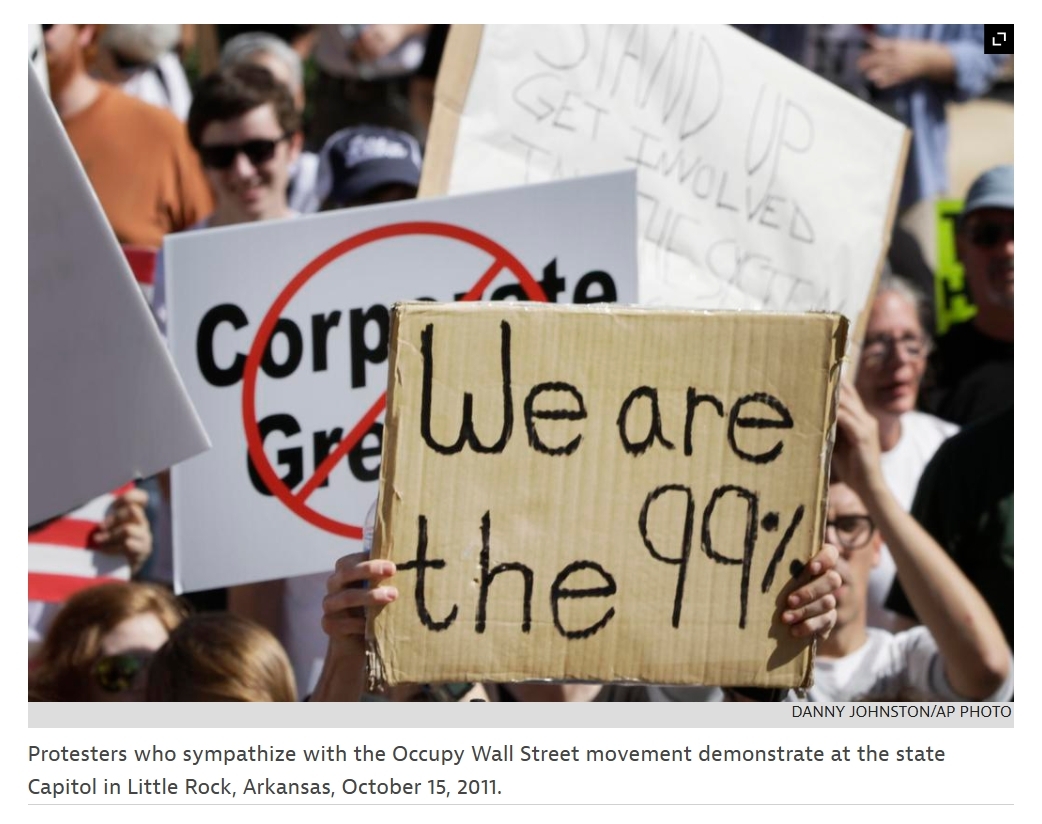Welcome to DU!
The truly grassroots left-of-center political community where regular people, not algorithms, drive the discussions and set the standards.
Join the community:
Create a free account
Support DU (and get rid of ads!):
Become a Star Member
Latest Breaking News
Editorials & Other Articles
General Discussion
The DU Lounge
All Forums
Issue Forums
Culture Forums
Alliance Forums
Region Forums
Support Forums
Help & Search
The Way Forward
Showing Original Post only (View all)The One Type of Democratic Identity Politics That Will Actually Work [View all]
If they want to win back the working class, they need to get in touch with its justifiable anger.
https://prospect.org/politics/2025-06-02-one-type-democratic-identity-politics-will-actually-work/

You wouldn’t know it if you limited your reading to The Liberal Patriot, but the action these days in identity politics is all on the right. By importing white South Africans while expelling immigrants of color, by sacking the Black and female leaders of our armed forces while putting the Pentagon in the hands of a white nincompoop, by stripping the government’s archives of records of Black achievement and heroism while retaining the stories of pre-desegregation whites, Donald Trump has worked mightily to restore the white identity politics that was the norm in America before the 1960s. To be sure, Trump couldn’t have won re-election last year by the votes of whites alone. He understood he needed to stoke and exploit the antipathies of a broader swath of voters. He accomplished that by incessant attacks on an amorphous cultural elite, attacks he’s escalated since taking office, as Harvard faculty and students can attest.
While Trump has taken white nationalism and the war on cultural elites to their highest levels in a very long time, he can make no claims of invention or even resurrection. These themes have been swirling around the American right for decades, if not centuries. In the early 1960s, Alabama’s segregationist governor, George Wallace, not only helped to rabble-rouse a white backlash against the civil rights movement and laws, but also coined the phrase “pointy-head bureaucrats” to create an image of out-of-touch attorneys and academics indifferent to the havoc they were wreaking by their efforts to undo long-established laws and cultural norms (in this case, racism). Wallace’s playbook was soon taken up, albeit with less incendiary terminology, by mainstream Republicans from Nixon to Reagan to the Bushes, as well providing inspiration for the culture warriors of the 1990s—Pat Buchanan and Newt Gingrich most prominently—who set the terms of discourse for the 21st-century GOP.

During these years, Democrats fell into identitarian mindsets and practices, too. The great egalitarian advances of the 1960s, after all, were undertaken precisely to include groups, predominantly Blacks, historically excluded from the promises of American democracy—the right to vote, to employment, to housing, to Social Security and the minimum wage, as well as to representation. The right concluded that entrusting the armed forces to a highly experienced Black man— Biden Defense Secretary Lloyd Austin—was the result of affirmative action run amok, while restoring it to a highly inexperienced white man—Trump Defense Secretary Pete Hegseth—marked a return to race-blind meritocracy. But decades of attacks on affirmative action paved the way for such Trumpian substitutions. Moreover, in the six decades since Wallace railed at the pointy-heads, those pointy-heads became major players in the nation’s center-left and left, and developed a distinct politics and mode of discourse that often accentuated the gap that had opened between them and a working class that was either stagnating or downwardly mobile.
Electorally, the Republicans’ white identitarianism, both abetted and mitigated by their attacks on cultural elites, enabled them to capture enough working-class votes to put Trump back in the White House and win both houses of Congress. The groups benefiting (both actually or supposedly) from the Democrats’ identity politics fell short of constituting an electoral majority, while the moderately populist economics the Democrats preached and sometimes practiced didn’t put them over the top, either. Despite its failure to deliver any tangible benefits, the Republicans’ one-two punch certainly resonated with angry and frustrated electors who understood that the economic prospects—i.e., the life prospects—they confronted were far more limited than those of their parents’ generation. Nothing that mainstream Democrats had on offer touched any of that anger, or even came close.
snip
6 replies
 = new reply since forum marked as read
Highlight:
NoneDon't highlight anything
5 newestHighlight 5 most recent replies
= new reply since forum marked as read
Highlight:
NoneDon't highlight anything
5 newestHighlight 5 most recent replies